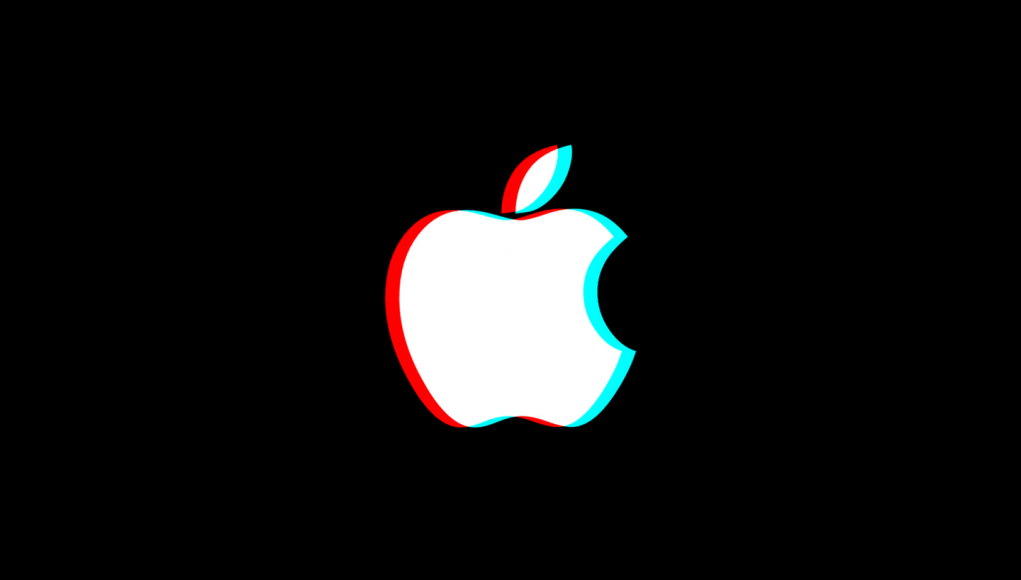In its latest hiring bout, over the last month Apple has sought more than a dozen new hires specifically for AR and VR roles. Among them, the company is looking for a Computational Display Engineering Manager for incubating advanced display technologies for use with upcoming Apple products.
Apple continues to hire and acquire talent and companies to further its expertise in AR and VR, with the company being rumored to launch a headset in 2021 or 2022. With its latest acquisition in the space rumored to be NextVR, the company is also continuing to compete against the likes of Facebook over the pool of top tier AR and VR engineering and development talent.
Over the last month Apple has posted at least 14 new job openings directly pertaining to those with AR and VR expertise. The range of roles—from consumer-facing to deep research & development—makes it hard to gauge how far along Apple might be with its first headset.
One of the postings shows that even if the company is planning to ship something soon, it’s continuing to invest in R&D for the future. Apple is seeking a ‘Computational Display Engineering Manager‘ to investigate new display technology for AR and VR:
Apple is looking for an elite engineering manager that can help identify and incubate new display technologies in the areas of AR, VR, and computational displays. A successful candidate will not only need to develop new technologies, but also lead a world class team of display experts and educate a broad audience of people at Apple about the technologies benefits and tradeoffs. […]
This position is passionate about the prototyping, development, and product execution of both full displays systems and algorithms for AR/VR applications. The extended team features a diverse engineering roster of experts in optics, human perception, product design, and experimental physics.
‘Computational displays’ typically refers to display technologies which are more dynamic and responsive to viewers, enhancing the perceptual output through the use of real-time processes. An eye-tracked display with foveated rendering, for instance, or one which does real-time frame warping in the display itself, could be considered computational displays.
It will take these sorts of computational display techniques to reach the ultimate goal of any AR or VR headset, which is to match both the acuity and field of view of the human eye.
Another of the Apple job listings is for a ‘Software Engineer, 3D Applications (AR/VR)‘, which clearly indicates that the company is embracing the nature of real-time AR and VR content, but also appreciates that the field is so new that many rules are still being written:
Are you ready to explore a new application domain with a talented and collaborative team? Apple’s Technology Development Group is seeking skilled 3D application developers to help us build graphically intense and highly interactive applications. […]
The ideal engineer for this role is comfortable working in a dynamic and creative team charged with exploring an uncharted and rapidly evolving domain. You will be researching and developing an entirely new application paradigm – a challenge that will demand rapid experimentation and prototyping without sacrificing code quality or attention to detail. You’ll need a keen understanding of the state of the art in interactive 3D applications and an ambition to discover what the future holds in this space. We are building a passionate and diverse team that will span a broad range of application categories including productivity, communication, and entertainment.
And there’s much more like that peppered throughout these latest Apple AR and VR job listings—references to uncharted waters and new computing paradigms—making it sound like Apple is really going all-in on XR as the future of computing. But exactly when they’ll make their first move is still up in the air.







